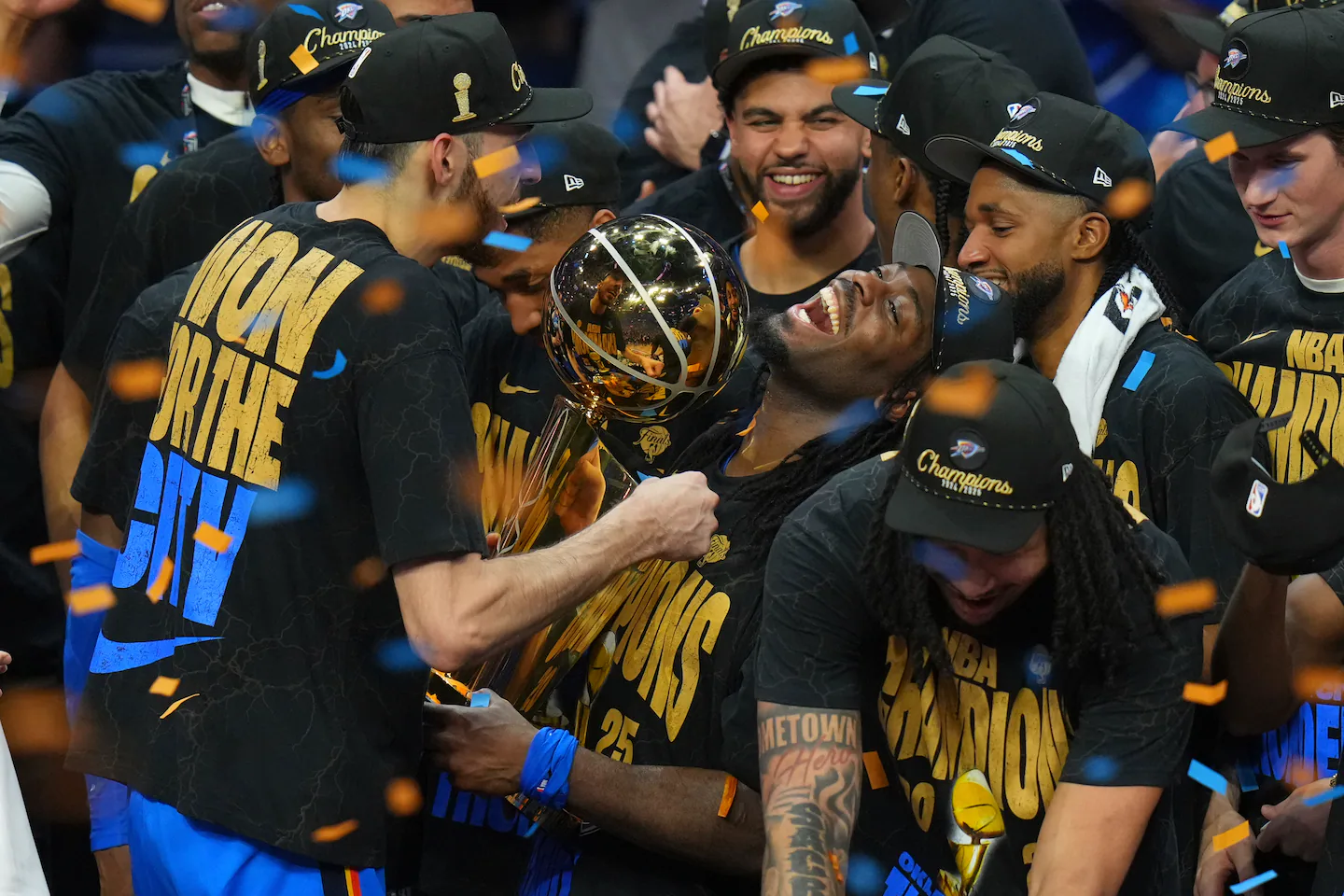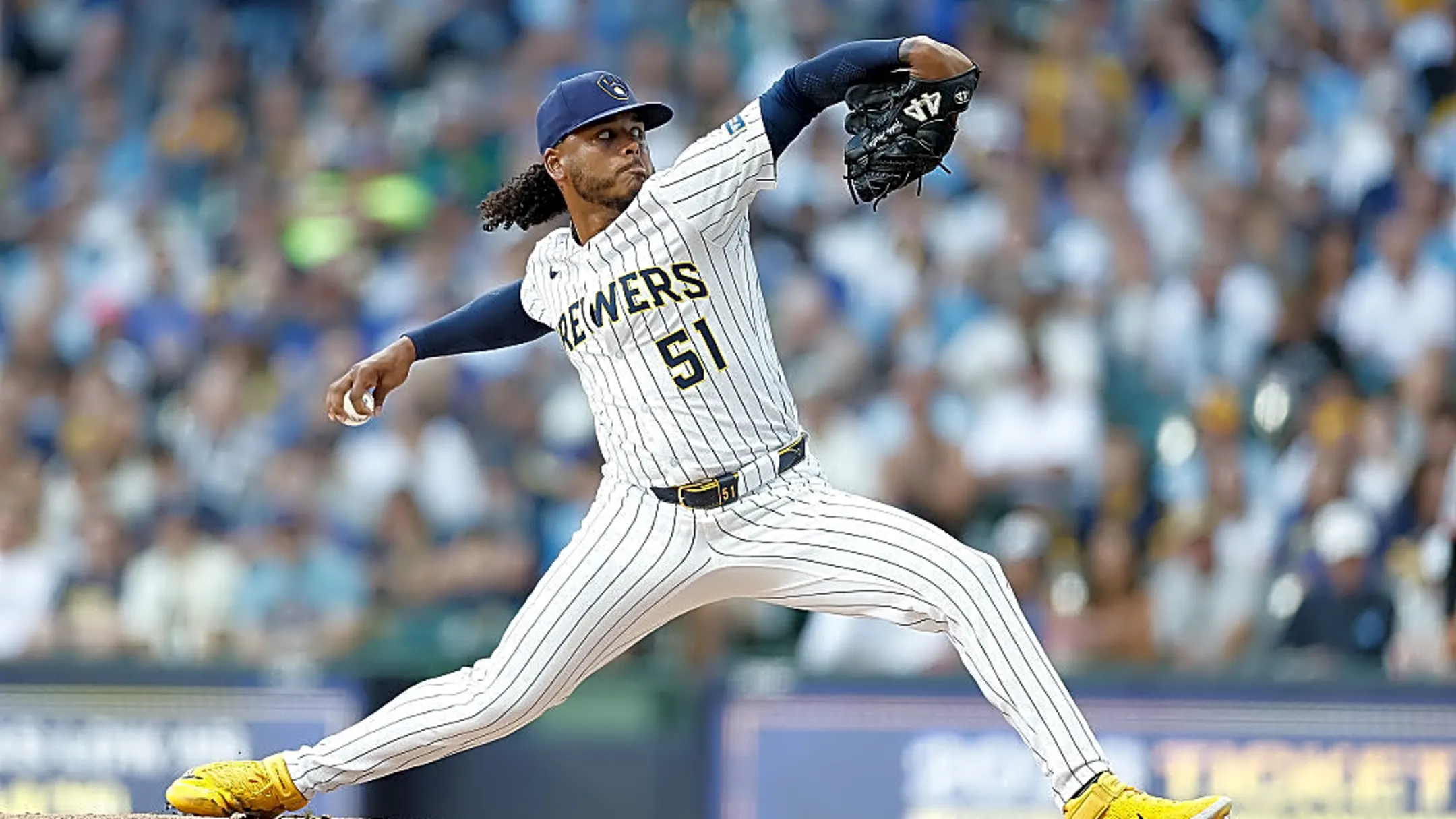Copyright GIVEMESPORT

Lionel Messi, arguably the greatest football player the world has ever seen, forever changed the landscape of North American sports when he chose to sign with MLS club Inter Miami CF in July 2023. After coming up with FC Barcelona and winning an astounding 34 trophies in 17 seasons, Messi moved to French giants Paris Saint-Germain for two years, where he continued to pile up titles and awards. The eight-time Ballon d'Or winner has also won everything imaginable with Argentina Football, notably leading his country to a FIFA World Cup conquest in 2022 in Qatar. Despite significant interest and incredibly lucrative offers from Saudi Arabia, Messi preferred to see out the final years of his illustrious career in the United States, marking arguably the biggest ever arrival of an international sports superstar in America. The diminutive playmaker has since continued to dominate the sport, leading Miami to Leagues Cup and Supporters' Shield titles, and earning the 2024 MLS Most Valuable Player of the Year award. Messi has accumulated 73 goals and 37 assists in just 83 appearances in all competitions for Miami, and after signing a new contract until 2028, it appears the 38-year-old will continue banging them in for the Herons for another few seasons. In a recent interview with NBC News' Tom Llamas following the announcement of his contract extension, the Rosario native discussed the growth of soccer in the United States since his arrival, how he sees things developing ahead of the 2026 World Cup, and rule changes he would like to see MLS make as the league continues to grow thanks to Messi's influence. Messi Has High Hopes for 2026 World Cup Messi and Argentina prepare for the 2026 World Cup as defending champions, hoping to lift back-to-back titles with largely the same nucleus that tasted glory almost four years ago in Qatar. This tournament will be special for the famous No. 10, not only because the majority of the competition will be held in the United States (co-hosting with Mexico and Canada), but because it is likely the last World Cup he will participate in. Despite being largely non-committal about his future with the national team, Messi will be 42 years old by the time the 2030 World Cup comes around. But the Inter Miami captain is focused on this coming summer, and the rare opportunity for Argentina to repeat as champions — something that has not been done since Brazil won successive World Cups in 1958 and 1962. Messi also sees the football showcase as a great way to finally grow the game substantially in the United States. "I think the growth of football in the United States is possible, and I think the time has come for that," he told NBC. "Football will have its biggest opportunity in front of the American public next summer when the World Cup is held in North America. I think the United States will be amazing." Messi Says MLS Must Make Big Changes to Grow League Messi did say, however, that MLS and US Soccer have a lot of work to do to grow the game at home, with some important rule changes that have long been discussed and debated in soccer circles. Major League Soccer currently has relatively strict rules for roster construction, including a $5.95 million salary cap for 20-man rosters. Each team has three Designated Player slots that can be used to sign star players without costing more than the MLS maximum salary charge. Messi believes these restrictions must be loosened in order for MLS to attract more talent and grow the game in the United States. "For starters, every team should have the opportunity to bring in players and sign whoever each team wants, without limitations or rules for players to bring them in. I don't think that today all teams in the United States, all clubs, have the power to do that," he told NBC. "And I think that if they were given the freedom, many more important players would come and help the growth of the United States." League commissioner Don Garber has indicated that he is considering "a review of our entire roster strategy", but with the MLS Collective Bargaining Agreement running until 2027, it's difficult to see any significant changes being made between now and then. Earlier this year, MLS implemented a cash trade market, which allows clubs to use unlimited funds to purchase players from other teams within the league. However, looser roster restrictions wouldn't necessarily benefit every MLS club, as more than half of the league's 30 teams operated at a loss during the 2024 season, according to Forbes projections. Smaller clubs could get left behind if MLS ditches the model that allows for parity between all its teams. There is little doubt, however, that bringing in more top talent from Europe and around the world would help generate greater interest in MLS and soccer, and the league's current roster rules seem to be holding it back from growing into one of the top leagues in the world.



